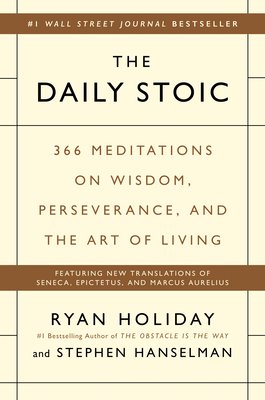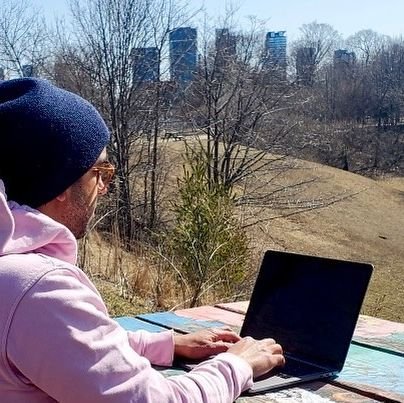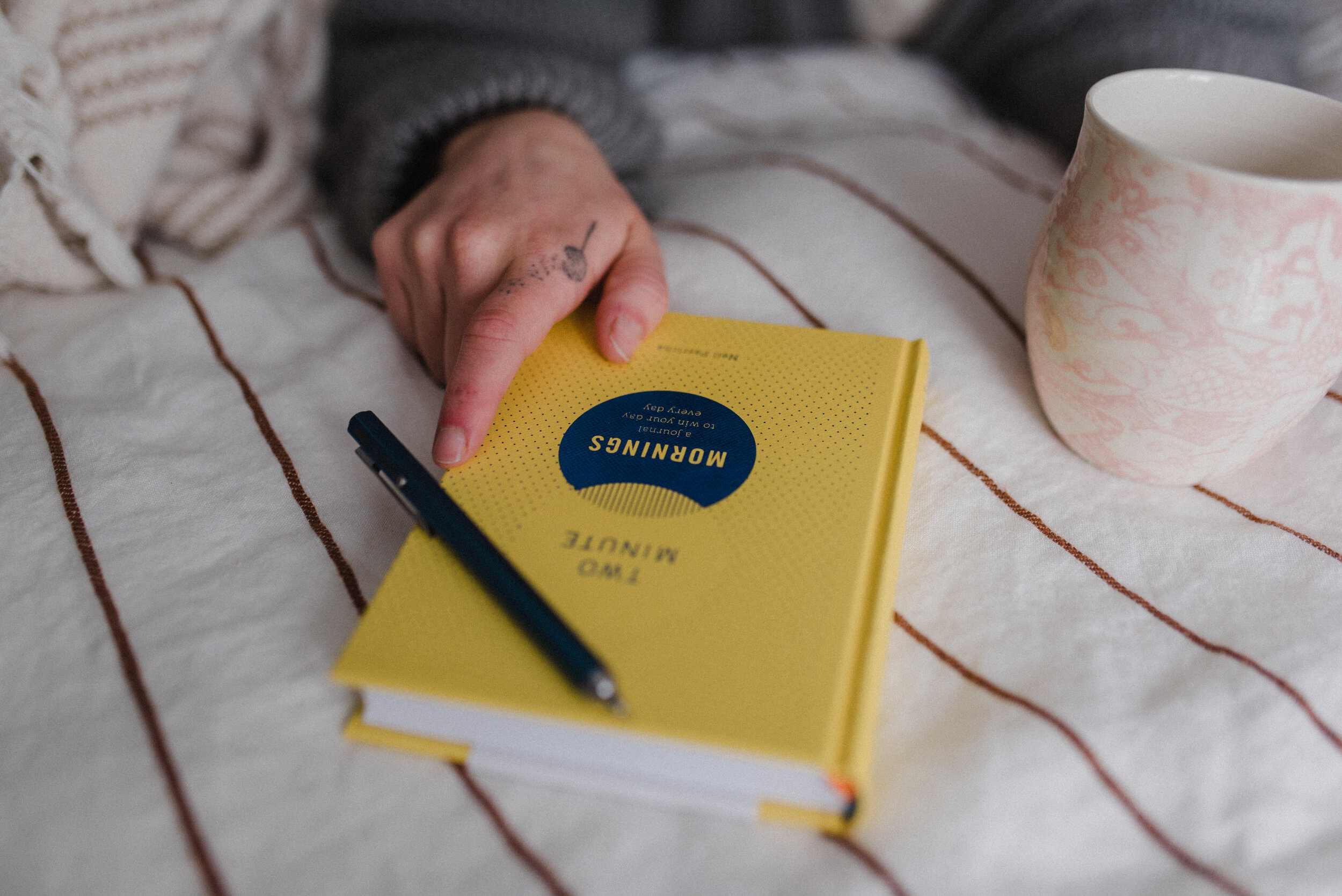Hey everyone,
Leslie’s grandmother Donna died recently. To quote the obituary she was a "dog whisperer, enthusiastic nature lover, savvy Scrabble player, intrepid traveler, Blue Jays fan, organizer of special occasions, chocolate chip cookie-maker, generous gift-giver, reader, and lover of maple syrup, chocolate, butter tarts, and all things sweet."
We had the burial — out in the cold, on a rainy day, over a hole in the ground in St. Catharines, Ontario. Her three living children all spoke and all the grandchildren (and grandchildren-in-law, like me) said a few words and threw a rose onto the urn holding her ashes.
I’ve been thinking a lot about death. I do that! It was the closing riff of my TED Talk and the basis of my TED Listen. More recently: Is death … avoidable? Or is it, to quote Saul Bellow, more like “the dark backing that a mirror needs if we are to see anything”?
First I’ll share a note I wrote to myself just after Donna died. In that sort of stunning silent phase. Then I’ll share two short poems read by her children (Leslie’s dad and aunt) at the burial. And, finally, let’s close with a quote on death from philosopher Bertrand Russell.
So, first up, my little note on how Donna died…
How Donna Died
Fast. That’s the first word that comes to mind. It happened quick. Like three months. Halloween she’s dressed as a ghost sitting beside me on the porch handing out candy. At 9pm, long after the streets had quieted, she said “I’m off to Jenny’s!” Leslie’s younger sister lived twenty minutes west — the exact opposite direction of her place. “Grandma,” Leslie said. “Don’t you want to head home? I’m sure Jenny would understand.” “Oh, don’t be silly! I’m a night owl!” We got a text the next morning with a picture of her squeezing our tiny niece dressed up as a pumpkin. She lost her license the next week. Hit the gas instead of the brakes in her parking garage. They said she had to get a health check. Health check said she had dementia. “Dementia?”, she scoffed. “Since when have I had dementia?” We never thought she had dementia. She forgot stuff. Who didn’t? Her boyfriend lost his license the next week. Suddenly we were talking carpools to drive grandma to her boyfriend’s place for the weekend. Then came the move. Her place finally sold and the new apartment was right downtown. We could walk from our house. “Scrabble every week,” we agreed. Week later that procedure finally came up that was scheduled months ago. For her bladder. But after the procedure she was in more pain — not less. Then they did another procedure to fix the first one. Then she was really cold for a few days. Then she couldn’t get out of bed. Then she got pale. Then Karen flew up. Then the cousins came. And then she died. Fast.
I miss you, Donna.
Next up, a poem read by Donna’s youngest daughter Karen (Leslie’s aunt) which Donna had cut out and taped to her fridge:
The Peace of Wild Things by Wendell Berry
When despair for the world grows in me
and I wake in the night at the least sound
in fear of what my life and my children’s lives may be,
I go and lie down where the wood drake
rests in his beauty on the water, and the great heron feeds.
I come into the peace of wild things
who do not tax their lives with forethought
of grief. I come into the presence of still water.
And I feel above me the day-blind stars
waiting with their light. For a time
I rest in the grace of the world, and am free.
It stuns me every time. Next up, a poem read by Donna’s son Mark (Leslie’s dad).
Immortality (Do Not Stand By My Grave and Weep) by Clare Harner
Do not stand
By my grave, and weep.
I am not there,
I do not sleep—
I am the thousand winds that blow
I am the diamond glints in snow
I am the sunlight on ripened grain,
I am the gentle, autumn rain.
As you awake with morning’s hush,
I am the swift, up-flinging rush
Of quiet birds in circling flight,
I am the day transcending night.
Do not stand
By my grave, and cry—
I am not there,
I did not die.
Not the kind of poem you can really read, or listen to, at someone's burial without crying. But I guess that's part of the point: a kind of philosophical adjustment, versus a physical adjustment, from the dead to the living. Somewhat related to both poems is this quote I found from Bertrand Russell in his essay “How To Grow Old.”
“The best way to overcome [the fear of death]—so at least it seems to me—is to make your interests gradually wider and more impersonal, until bit by bit the walls of the ego recede, and your life becomes increasingly merged in the universal life. An individual human existence should be like a river: small at first, narrowly contained within its banks, and rushing passionately past rocks and over waterfalls. Gradually the river grows wider, the banks recede, the waters flow more quietly, and in the end, without any visible break, they become merged in the sea, and painlessly lose their individual being. The person who, in old age, can see life in this way, will not suffer from the fear of death, since the things he or she cares for will continue. And if, with the decay of vitality, weariness increases, the thought of rest will not be unwelcome. I should wish to die while still at work, knowing that others will carry on what I can no longer do and content in the thought that what was possible has been done.”











